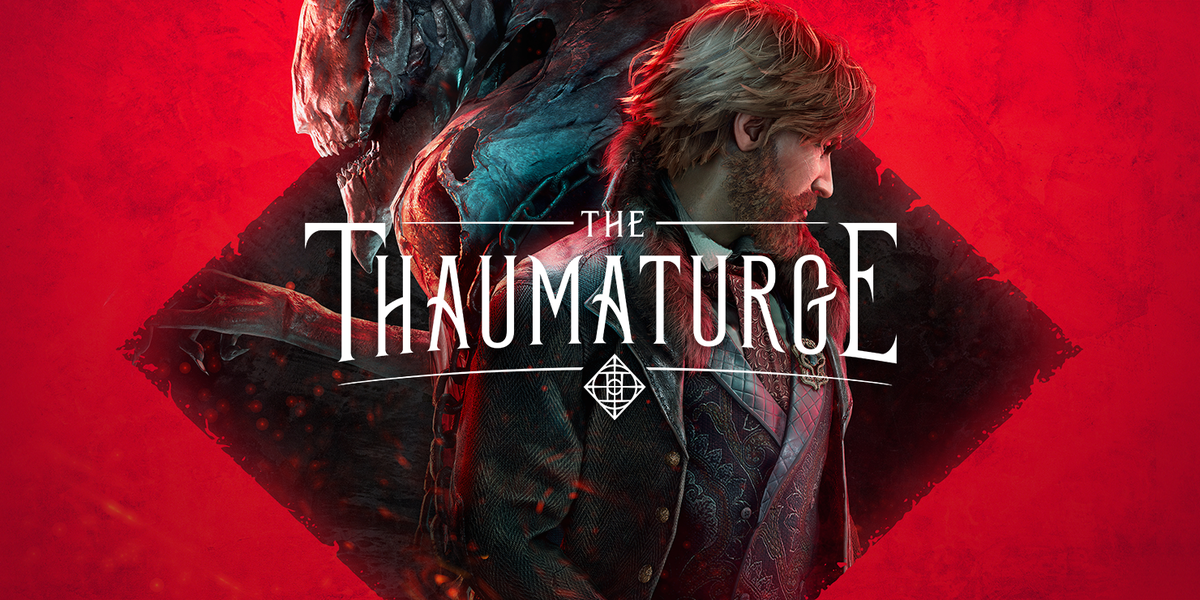In an industry dominated by massive franchises and blockbuster hits, there’s still room for smaller gems like The Thaumaturge to shine. While it may not boast the grandeur of titles like Baldur’s Gate 3, this mid-sized RPG offers a rich atmosphere and a plethora of well-implemented ideas. Despite encountering some movement glitches and inconsistent voice acting, the turn-based combat is brimming with strategic depth, complemented by excellent writing and storytelling that elevate traditional point-and-click gameplay.
You assume the role of the titular Thaumaturge, a blend of Witcher and John Constantine, embarking on a quest to uncover the truth behind his father’s demise. As Wiktor, aided by his otherworldly companion, delves deeper into the mysteries surrounding his family, he becomes entangled in a web of intrigue amidst a Poland on the brink of revolution. This narrative backdrop sets the stage for a compelling 20-hour journey filled with twists and turns.
While the storytelling captivates, the leisurely pace often requires extended periods of reading and listening before players can intervene. Dialogue choices, influenced by past decisions and character abilities, occasionally lack sufficient context, leaving players to make decisions without fully understanding their implications. Despite these hiccups, the dialogue options present meaningful challenges, allowing players to shape the narrative to some extent.
Quests primarily revolve around investigation, with players scrutinizing mundane and magical objects to gather clues known as “observations.” These observations, derived from emotional residues left on objects, provide insight into the individuals involved. Although the gameplay mechanics may resemble Batman’s detective mode, the well-crafted writing accompanying the clues adds a layer of suspense as players piece together the puzzle.
Set against the backdrop of turn-of-the-century Europe, The Thaumaturge intricately weaves political turmoil and mystical intrigue. The tension between Russian imperialism and Polish resistance serves as a backdrop for Wiktor’s supernatural exploits, grounding the story amidst dense lore and plot twists.
Visually, the game effectively captures the period’s aesthetics, from hairstyles to architecture. While not groundbreaking, the attention to detail in colors, textures, and lighting enhances the immersive experience. Despite occasional glitches in movement, exploring the bustling streets of Warsaw is a rewarding endeavor.
Combat in The Thaumaturge is dynamic, although not particularly challenging. The ability to command spiritual entities known as Salutors adds strategic depth, allowing players to exploit enemy weaknesses. While enemy variety may be lacking visually, their attacks introduce status effects and drain resources, necessitating tactical decision-making.
In conclusion, The Thaumaturge offers a slow-paced yet captivating adventure that seamlessly blends historical fiction with mysticism. Despite its occasional rough edges, including control issues and uneven voice acting, the game’s engaging gameplay mechanics and compelling narrative make it a worthwhile experience for RPG enthusiasts. If you can overlook its flaws, The Thaumaturge promises an enthralling journey through a world brimming with intrigue and supernatural mystery.

